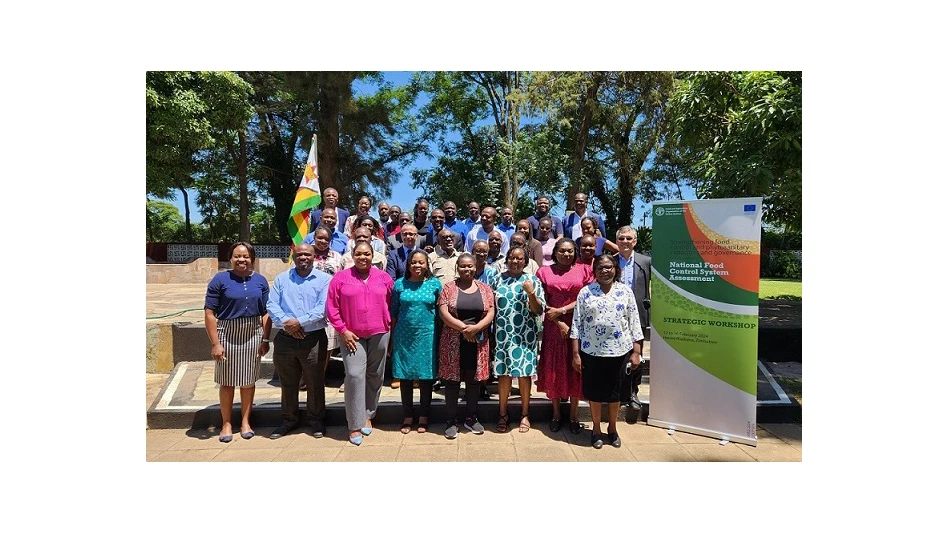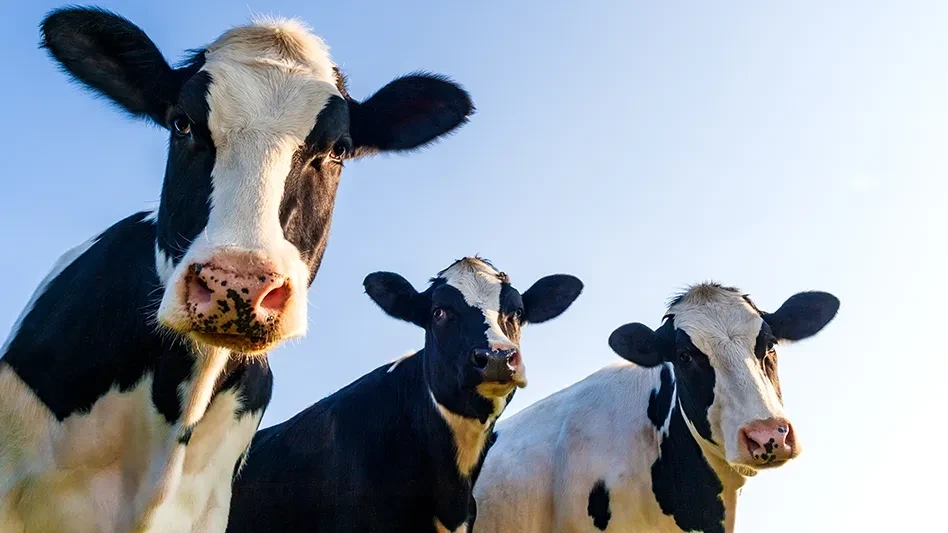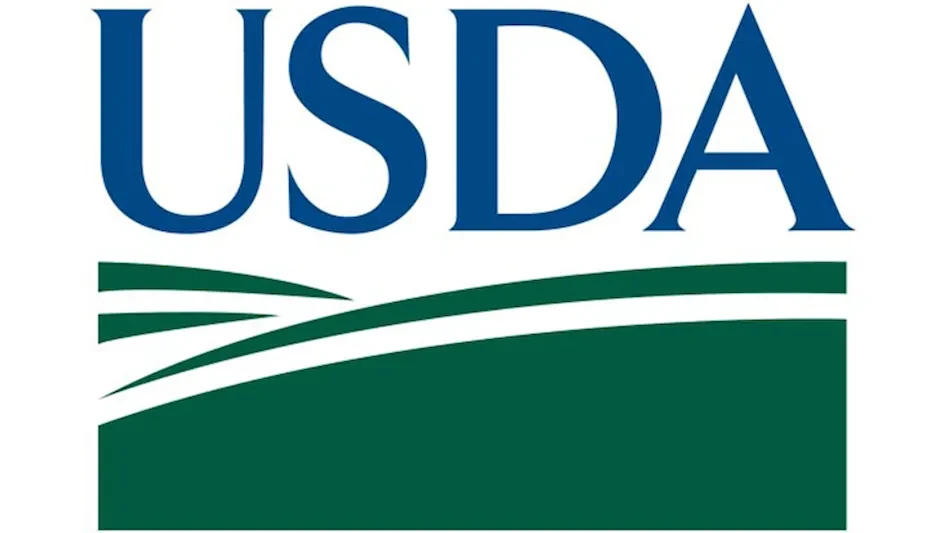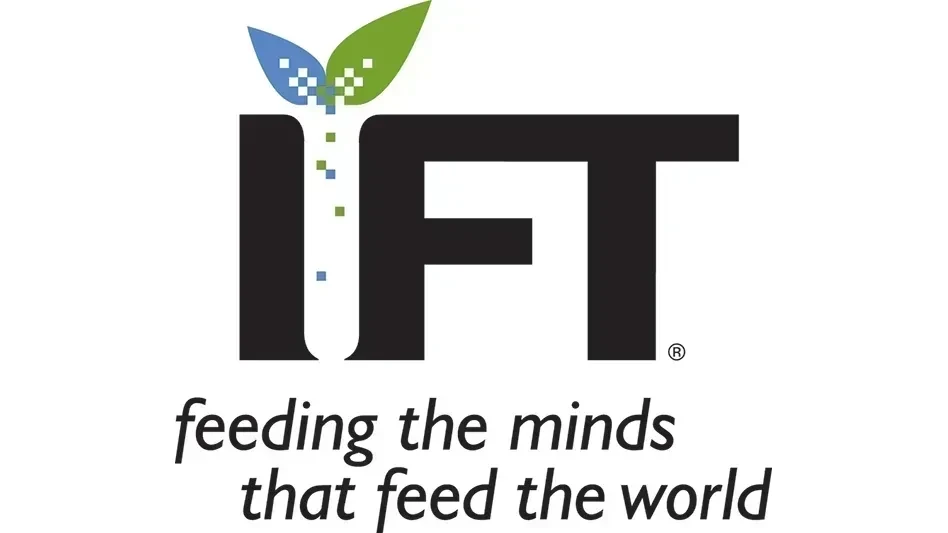
Photo courtesy FAO
HARARE, Zimbabwe — Last week, the Food and Agriculture Organization of the United Nations (FAO) concluded an eight-month assessment of Zimbabwe’s food control system with a final workshop in Harare where a strategic action plan was presented to high level officials for their endorsement.
The assessment is part of "Strengthening of Capacities and Governance in Food and Phytosanitary Control,” a $6.95 million project funded by the European Union (EU) since December 2021. With a recent extension, the project will expand its reach, offering technical support to authorities and key institutions across 12 African Union (AU) member countries. It is designed to build up capabilities, strengthen governance and improve strategic planning around two main components: food safety and plant health.
The initiative aligns with the Sanitary and Phytosanitary (SPS) Policy Framework for Africa, a framework developed by the AU, laying the foundations for trade opportunities among AU member states. This project is implemented in partnership with the African Commission Division for Rural Economy and Agriculture (AUC DARBE).
Zimbabwe joins eight countries in the region to have concluded the food control system assessment. Earlier this month, Uganda successfully concluded a nine-month assessment in Kampala.
ASSESSMENT. Project activities in Zimbabwe, which began with an inception and training workshop in July 2023, consisted of a team of food safety experts from FAO working closely with 32 focal points from local authorities and stakeholders to gather data and information across several dimensions of the system. Once data was collected and analyzed, the FAO team conducted field visits and interviews and produced a draft report on the status of the country’s food control system with recommendations to improve it.
Pivotal to the project was the introduction of the FAO/WHO Food Control System Assessment Tool, a unique instrument developed by both United Nations agencies to assess the national food control system in a comprehensive manner by looking at the entire food chain, including production, distribution, retail market and consumers.
Ultimately, the assessment aims to assist Zimbabwe in adhering to Codex Alimentarius international standards that will allow greater harmonization and trade in the region.
CONCLUSION. The final workshop was the culmination of the assessment, with stakeholders, experts and officials from ministries from Zimbabwe’s food control system convening to review and endorse findings and recommendations of the assessment, agree on priorities and develop a strategic action plan.
Speaking at the strategic workshop in Kadoma, Dr Claid Mujaju, director of research services department in the Ministry of Lands, Agriculture, Fisheries Climate and Rural Development, said, “The assessment will strengthen the food control system in Zimbabwe,” adding that the assessment is “well aligned to the governments and Ministry’s priorities and agenda 2030.”
The key moment of the workshop was on Feb. 16, when high level officials from Ministries across the country’s food control system endorsed the recommendations and a shared vision, committing to implement the strategic action plan stemming from the assessment, promote synergies and engage donors.
The conclusion of the food control assessment coincided with the conclusion of the Phytosanitary Capacity evaluation, the second component of the EU-funded project, whose outcomes will pave the way towards a new national phytosanitary strategy addressing the country’s capacity development gaps identified in the phytosanitary system.
The outcomes of both assessments will help shape the future of food safety in Zimbabwe, FAO said.
Latest from Quality Assurance & Food Safety
- Raw Farm Products Recalled Following Bird Flu Virus Detections
- FDA Issues 2024 Voluntary National Retail Food Regulatory Program Standards
- GSA Launches Assurances Platform, Prism and Webinar Series in Partnership with Wholechain
- Multistate E. coli Outbreak Linked to Iceberg and Romaine Lettuce Blend
- FDA, USDA Seek Information About Food Date Labeling
- William Marler, Food Safety Advocate and Lawyer, Condemns Lack of Safety of U.S. Food Supply
- AFDO Infographics Illustrate State-Level Impact of FDA’s Proposed Budget Cuts
- Multistate Outbreak of Salmonella Typhimurium Linked to Cucumbers





